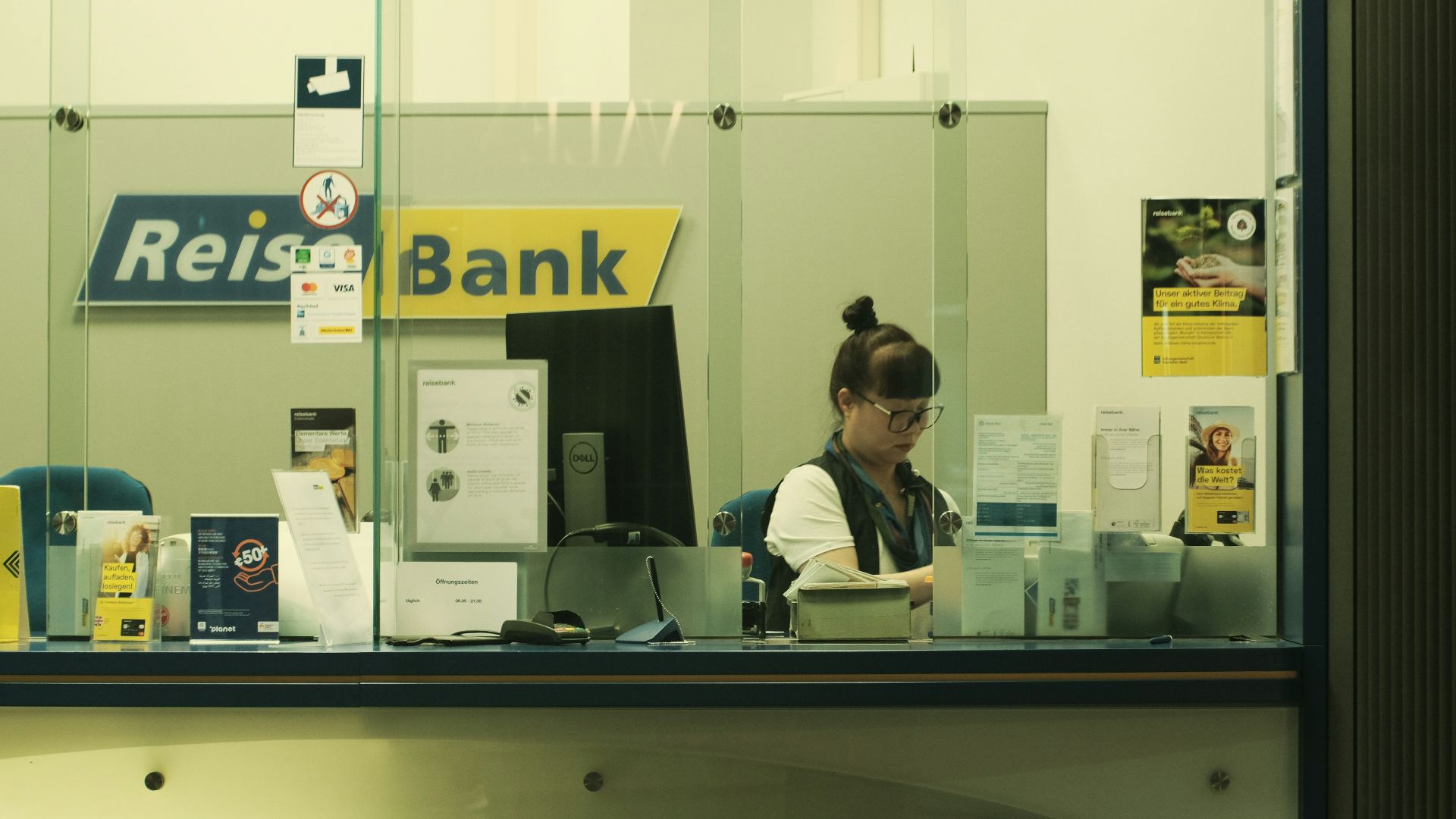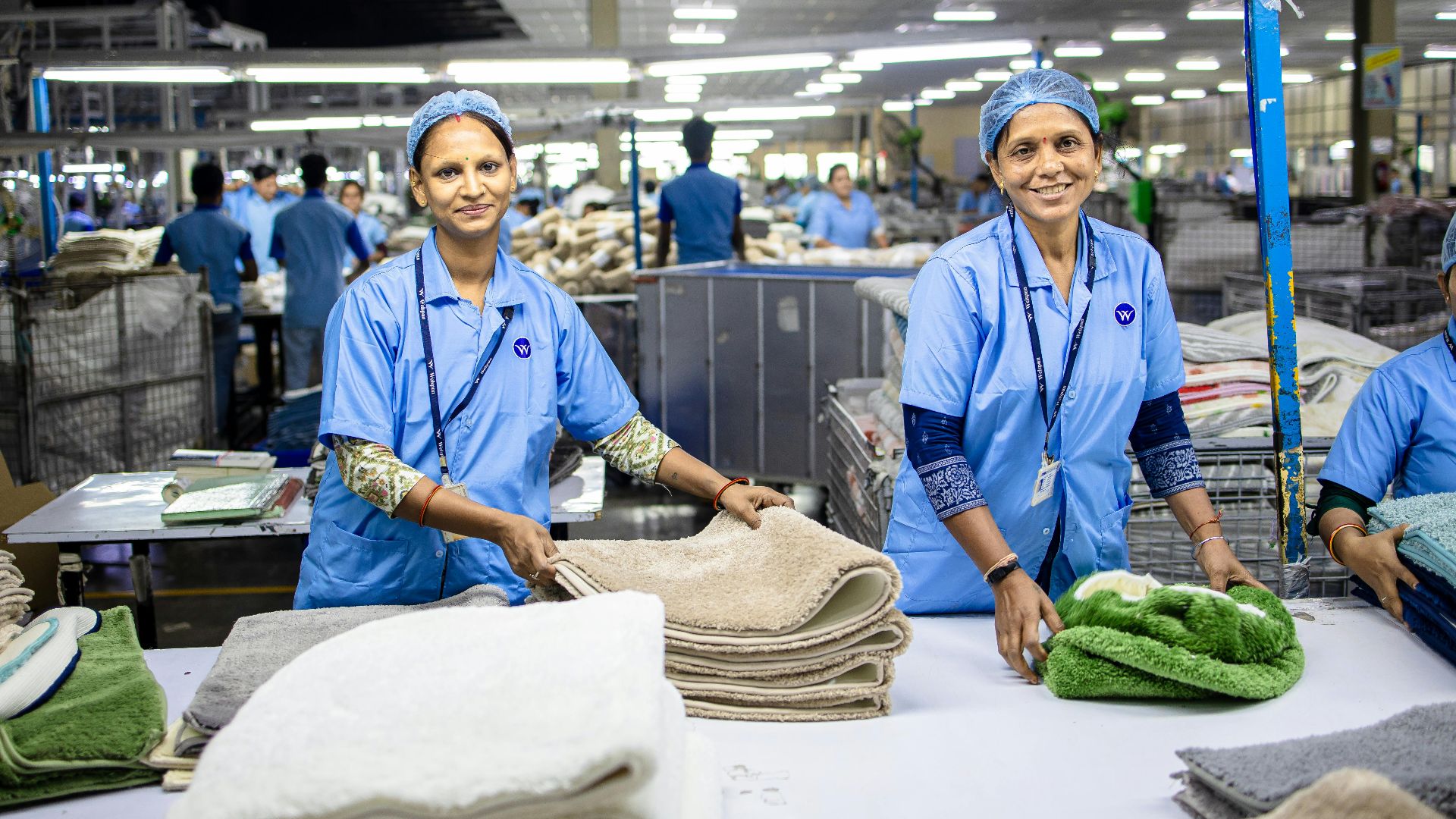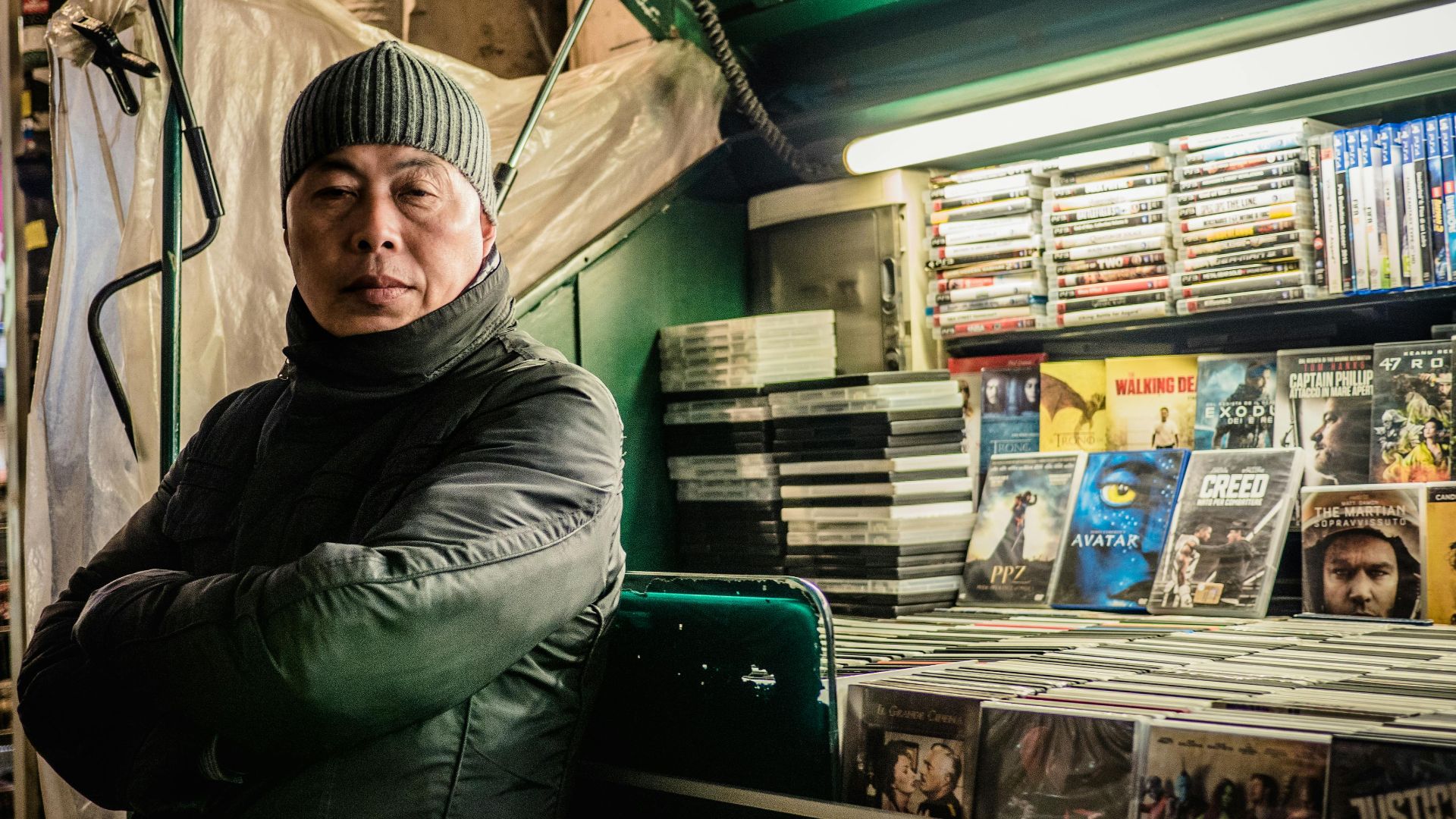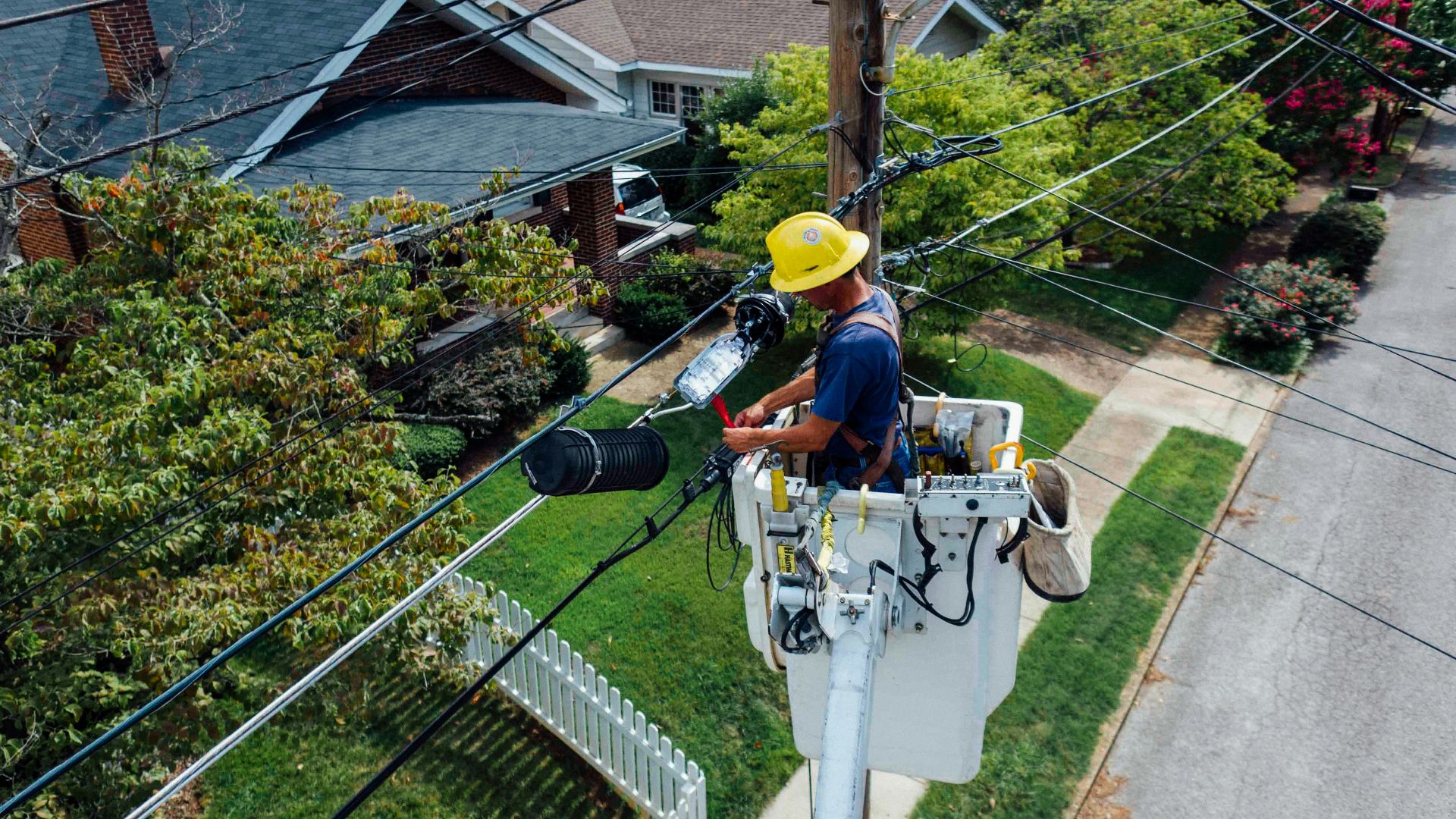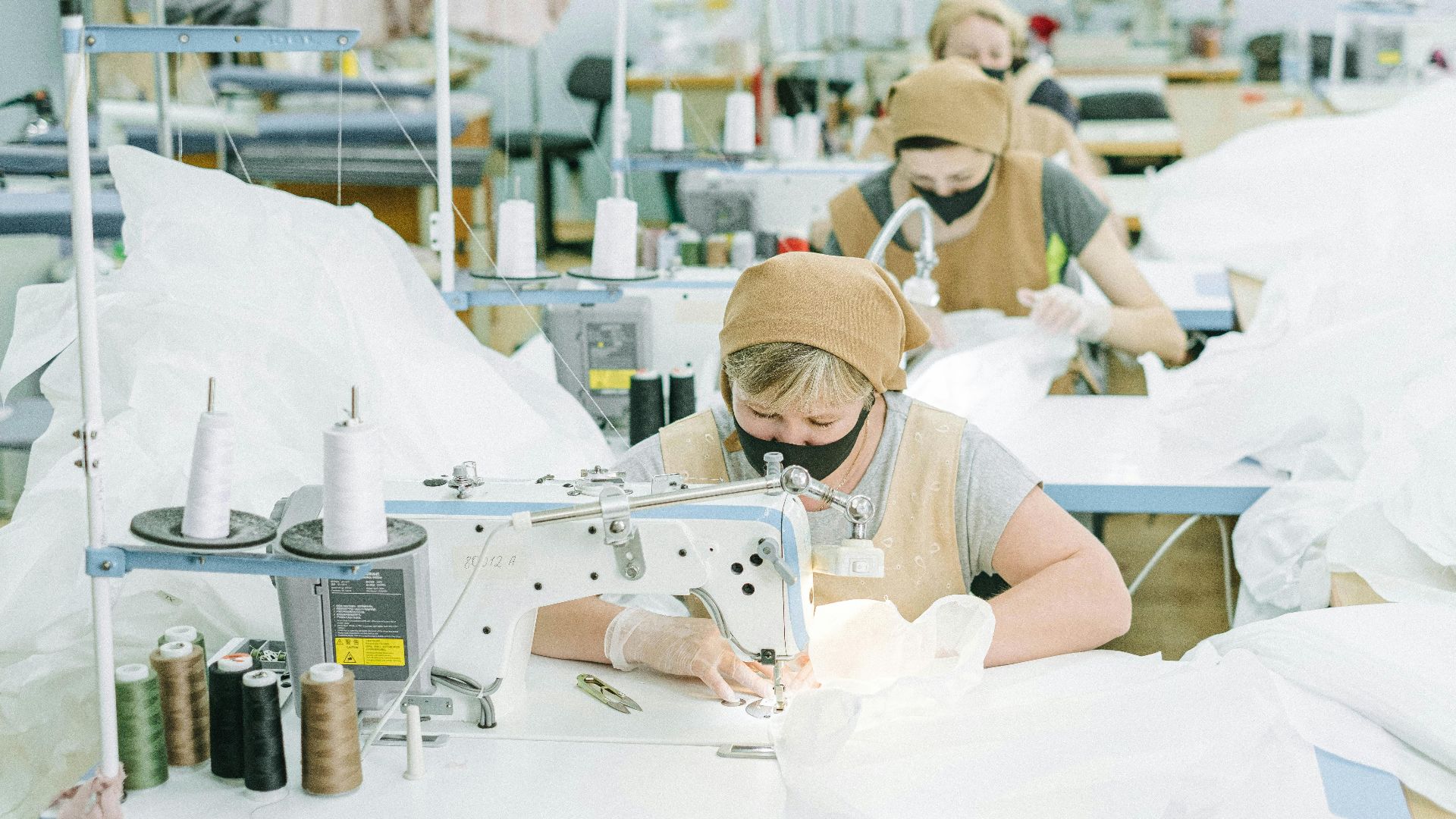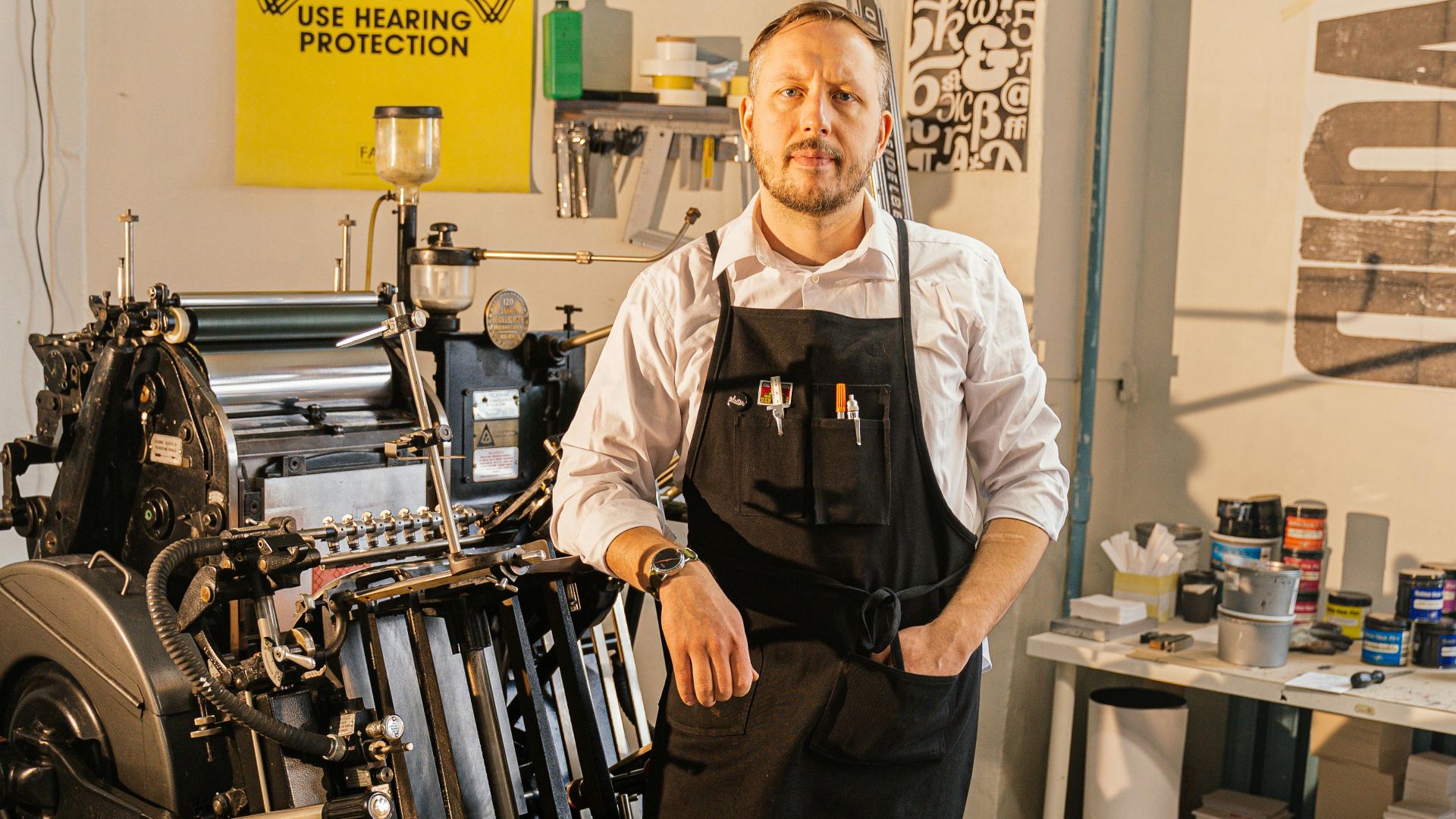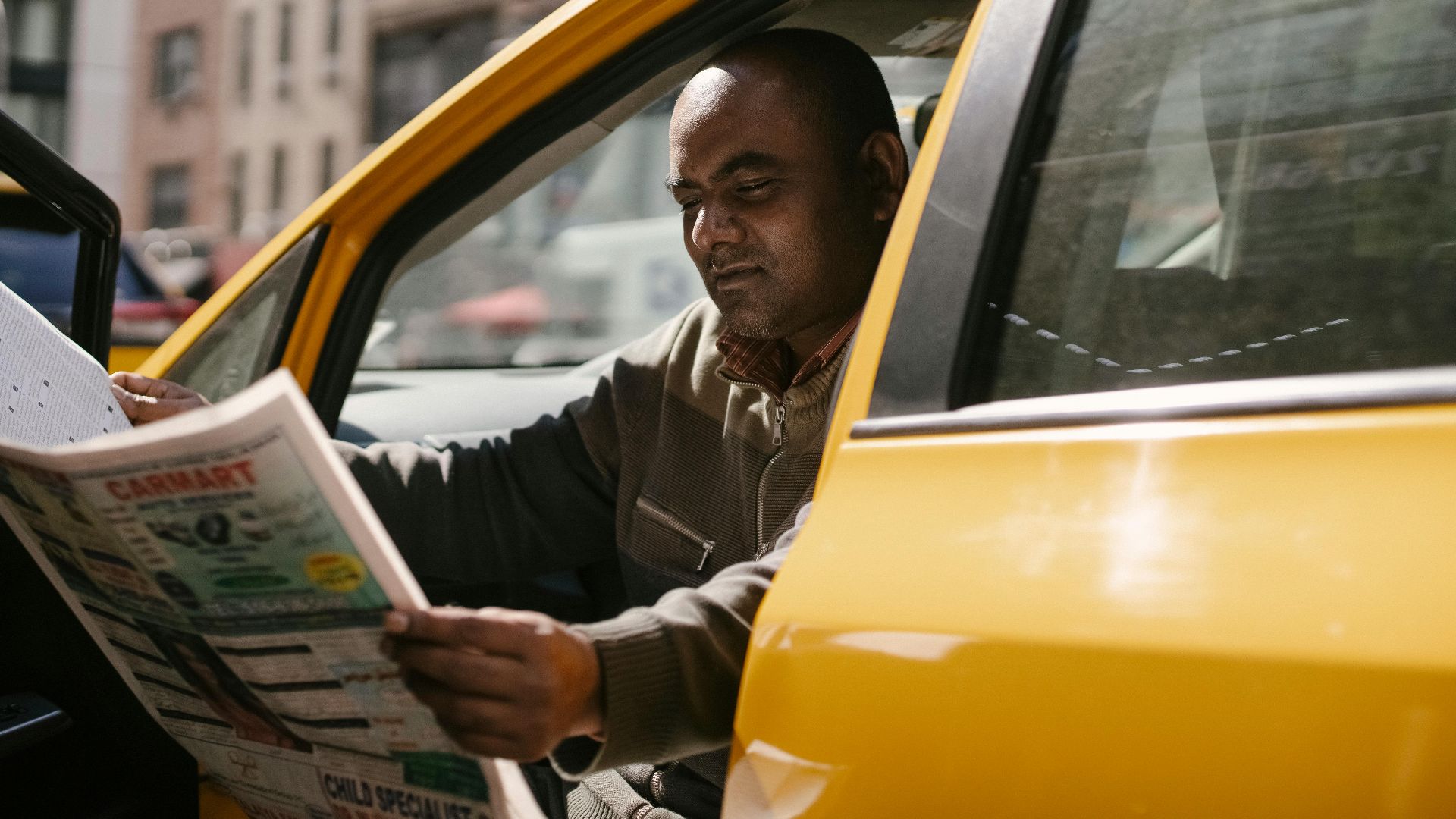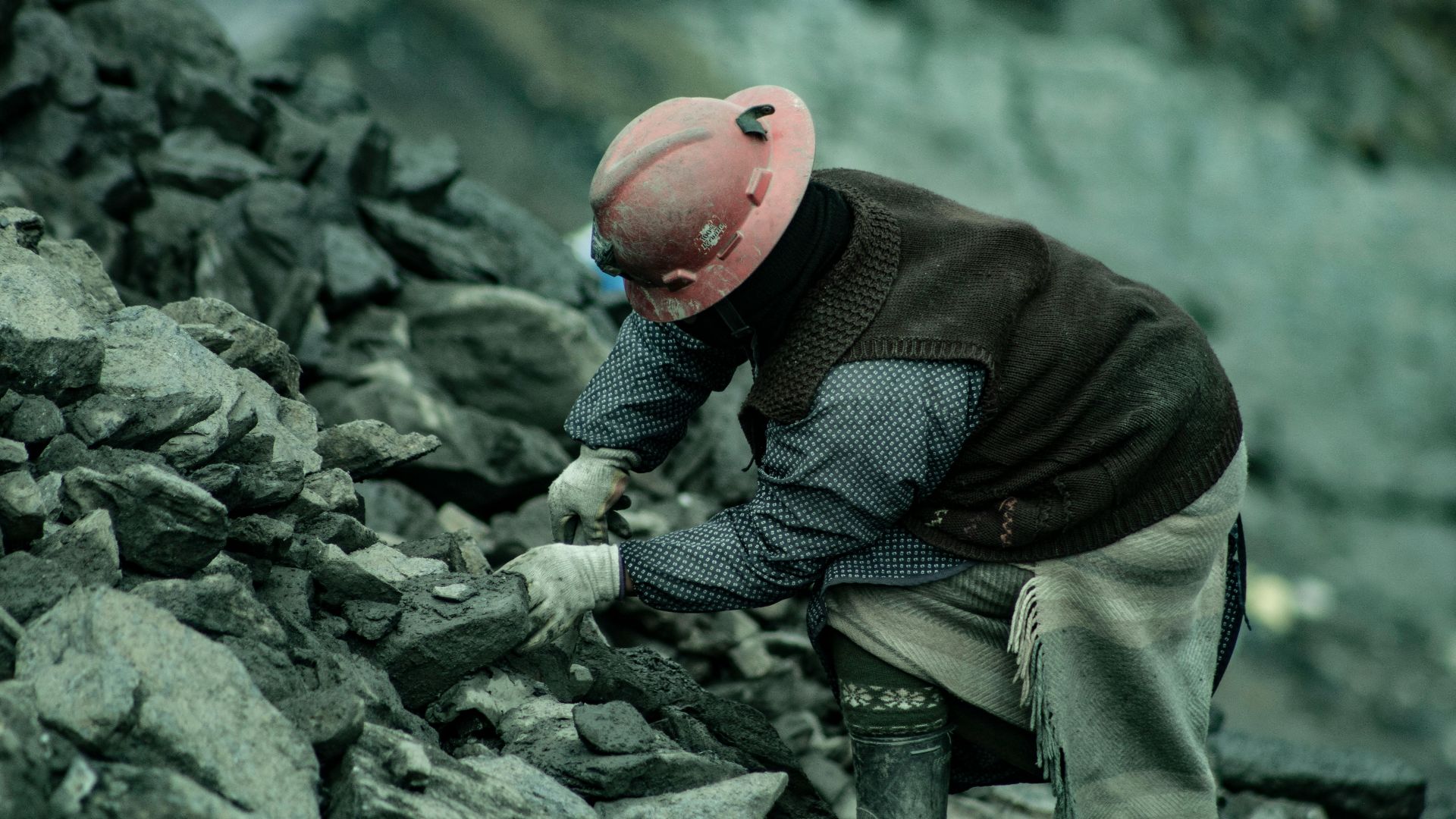The Slow Burn
It never falls apart overnight. The hours stretch, the growth stops, and that “safe” role starts draining you bit by bit. Routine replaces ambition, and before you even realize it, you’re stuck in a loop.
Telemarketer
Modern telemarketing runs on relentless efficiency, with most of the day spent making calls that go nowhere. Automation has reshaped the job, leaving fewer openings and thinner rewards. The real challenge isn’t selling—it’s staying motivated in a career that's shrinking in terms of human interaction.
Cashier
Self-checkout kiosks and cashier-free stores are rewriting the retail rulebook. The job still attracts students and part-timers, but growth has vanished. Behind every barcode scanned lies a profession slowly fading into obsolescence, replaced by sensors, cameras, and code.
Travel Agent
Some agents reinvented themselves through luxury and niche vacation planning, but the golden age of perks and paper tickets is long gone. Online booking platforms handle what used to be full-time work. For most, it’s a career that’s quietly lost its passport to the future.
Print Journalist
Print journalism once defined credibility and influence. Now, the presses are quieter, and the bylines have moved online. Veteran reporters pivot to digital content, but the prestige, permanence, and stability of print have slipped away, replaced by constant deadlines and shifting algorithms.
Bank Teller
The rise of online and video banking changed everything. What was once a gateway to management now feels like a waiting room for redundancy. Machines handle transactions faster, leaving human tellers to manage fewer customers and more uncertainty about what comes next.
Assembly Line Worker
Factory floors hum with machines where people once stood. Robotics now paints, welds, and assembles faster than any human crew. The rhythm of progress has left little room for human hands, and this has changed the once-bustling industrial hubs into quiet halls of automation.
Mail Sorter
Sorting mail used to mean long nights and heavy bins. But now? Conveyor belts and scanning machines do the heavy lifting. Manual sorting has become a rare sight, which has been taken over by sleek automation that rarely breaks a sweat—or takes a paycheck home.
 Robert R. McRill, Wikimedia Commons
Robert R. McRill, Wikimedia Commons
Parking Attendant
License plate cameras and payment apps have eliminated small talk at the booth. Parking used to offer a steady income and a human connection. Today, attendants are phasing out fast, replaced by silent machines that never fumble for change.
DVD/Video Store Clerk
Once movie buffs’s gatekeepers, video clerks ruled Friday nights with expert recommendations. Then streaming rewrote the rules. A few specialty shops still cater to collectors, but for most, the job that once felt cinematic has faded to black.
Meter Reader
Climbing fences and knocking on doors to check utility meters is a relic of another era. Innovative systems now track everything remotely. What was once steady outdoor work has turned into a job that technology quietly absorbed into its circuitry.
Photo Lab Technician
Film once filled every lab with color and chemistry. Now, digital photos are developed automatically, and this leaves few places for specialists to practice their craft. The remaining roles center on restoration and fine art printing, small echoes of a once-vibrant profession.
Typist/Word Processor
The click-clack of typewriters has been replaced by software that practically types for you. Offices that once ran on professional typists now rely on automation and voice recognition. The skill still matters, but the title belongs to another time.
Textile Factory Worker
Robots now weave, cut, and stitch with precision that never tires. The textile trade, once a proud craft, has shifted overseas or into automated systems. The hum of machinery now carries the weight of what used to be human skill.
Print Shop Operator
The once-bustling print shops that powered offices and marketing teams have downsized to boutique spaces. Digital design and cloud printing dominate, but a few operators still thrive by turning printing into art. Adaptation became survival, and tradition became a niche.
Toll Booth Operator
Open roads no longer stop for toll collectors. Automatic sensors replaced the human wave through the window. Though some booths remain, they’re quiet reminders of a time when paying a toll meant eye contact rather than a beep.
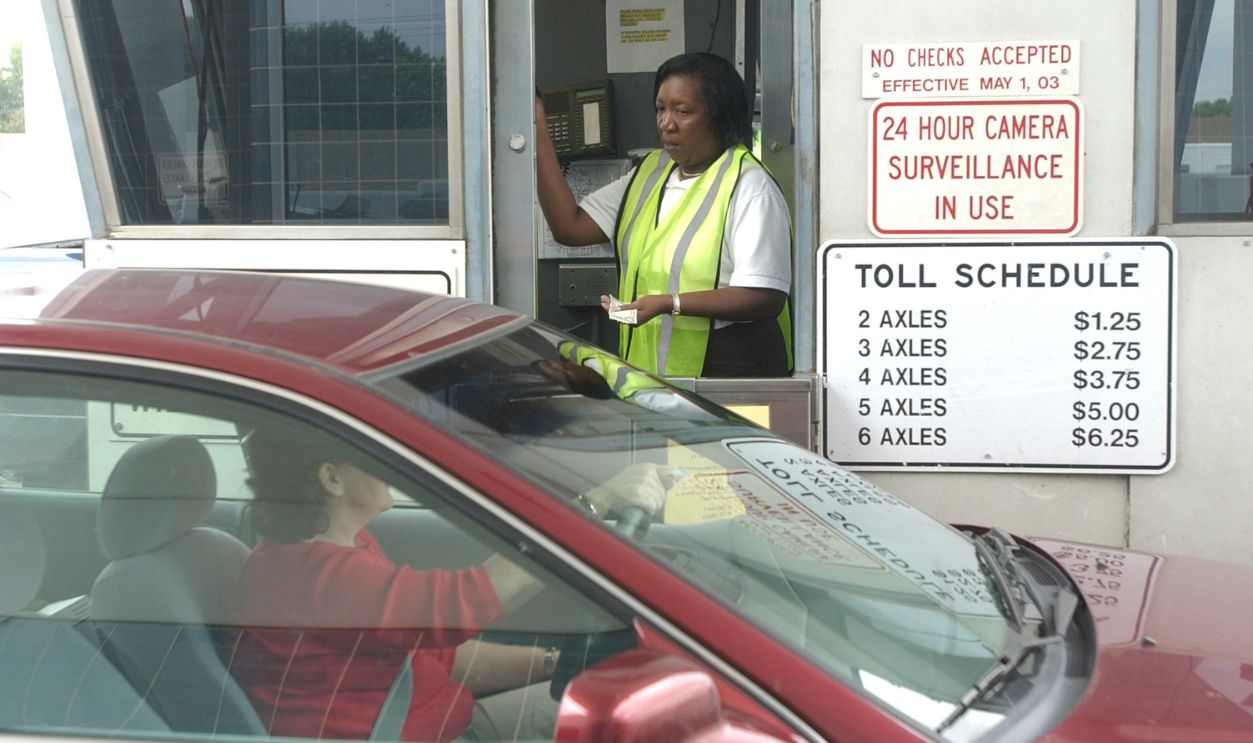 Houston Chronicle/Hearst Newspapers, Getty Images
Houston Chronicle/Hearst Newspapers, Getty Images
Call Center Agent
Call centers used to bustle with human voices solving real problems. Today, automated systems handle most inquiries, and burnout drives the rest away. Even where humans remain, promotion paths are short, making this one of the most draining “stable” jobs around.
File Clerk
Rows of filing cabinets have given way to cloud folders and searchable databases. The meticulous skill of organizing paper records now belongs to software. Still, those with an eye for order can evolve into digital records specialists or office administrators.
Delivery Dispatcher
Human dispatchers were the masters of coordinating every flight and drop-off, but that has changed with smart software that handles scheduling. While the role still exists for now, automation continues to tighten its grip. Still, the broader drone industry continues to grow, offering new paths for those willing to adapt.
Newspaper Delivery Driver
Before dawn, these drivers filled the streets with rolled-up headlines. Today, fewer routes remain, and the papers they carry reach fewer hands. The ritual exists in some areas—but only as a faint echo of print’s former reach and routine.
Factory Quality Checker
Human inspectors were the assembly line rulers, catching every flaw by sight and touch. Machines now do that job instantly by scanning products with perfect precision. Thankfully, those early inspection skills can translate into roles in quality management or logistics.
Radio DJ
Radio once felt like magic—a voice connecting communities through airwaves and songs. All that has changed because streaming playlists and syndicated shows dominate. The microphone remains, but the freedom behind it has faded as the airwaves grow increasingly automated.
Door-To-Door Salesperson
Face-to-face selling once defined ambition. But long hours, constant travel, and digital competition have turned the role into an uphill climb. The personal touch works to some degree, but fewer doors open to those still knocking the old-fashioned way.
Newspaper Ad Sales Rep
Print ad sales once promised commissions and prestige. The digital shift left those rate cards gathering dust. Some reps successfully transitioned online, but most watched their loyal clients—and their careers—migrate to algorithms and pixels.
Coal Miner
Once upon a time, being a coal miner was a badge of honor, and the position guaranteed a living. Unfortunately, technology and clean energy have reshaped the scene. Mines close, machinery replaces manpower, and what was once dependable work grows rarer by the season.
Stock Clerk
Every delivery, every shelf restock—once the heartbeat of retail—now runs on data and scanners. Automation handles much of the work, but clerks who master logistics and inventory software still find ways to climb the retail ladder.






